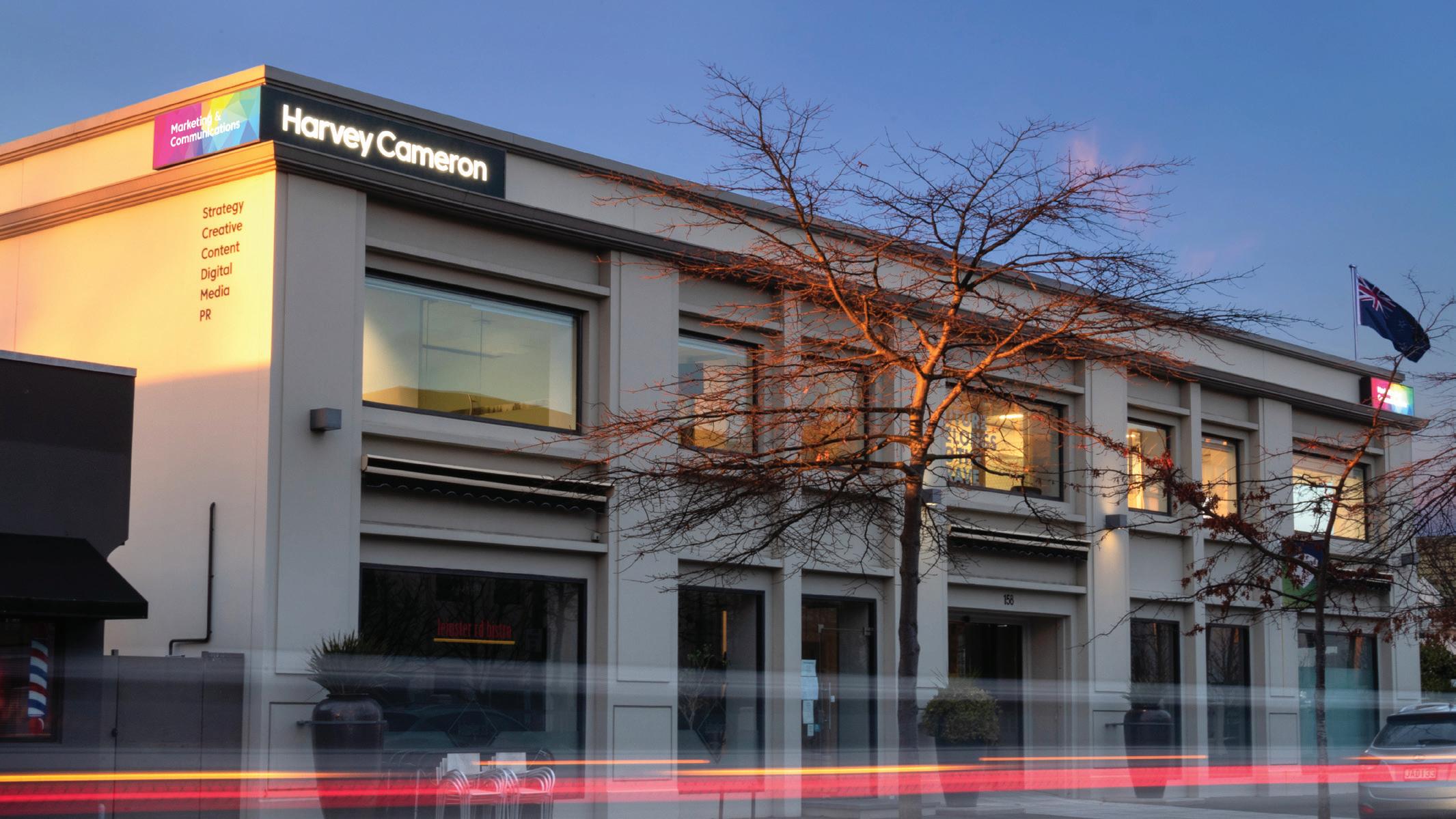
5 minute read
Surviving, and Thriving, Through Economic Uncertainty.
Gareth O’Connor, Managing Director, Harvey Cameron
New Zealand is officially in recession. How bad it will be or how long it’ll last is unclear. What is clear: some will benefit, some will muddle through, and the rest will be affected.
During 2008’s Global Financial Crisis (GFC), Harvard Business Review published ‘Roaring Out of a Recession.’ Using the 1980’s double-dip recession, 1990 Slowdown, and the 2000 Dotcom crash as their data pool, they looked at the strategies businesses adopted. Adding data from the GFC and COVID years, we can see with even greater clarity how business can respond to survive and thrive.
The HBR research revealed businesses generally responded in one of four ways:
Prevention-focused companies – made defensive moves. More concerned with avoiding losses and minimizing risks, their cost-cutting measures focused heavily on staffing, market development, and marketing resulting in immediate but shortterm benefits. But long term? Cuts significantly reduce their ability to service current and new customers.
Promotion-focused companies – made offensive short-term moves, such as deep price discounts, serving to cut margin, profits, and hamper future growth.
Pragmatic companies – combine the defense and offence of the above, which seems very…pragmatic but tends to only work short-term.
Progressive companies – deploy the optimal combination of defense and offence by prioritising efficiencies versus cost cutting. Retaining capacity and capabilities gives flexibility to meet current demand and explore new opportunities.
Plus, research shows progressive companies have better outcomes for their customers, employees, and bottom lines while outperforming prevention companies two-fold.
Ask yourself – what progressive moves can I make? Which defensive moves won’t hurt my ability to do business in the short and long-term? What cost-savings can benefit me now, but significantly hurt in the future as the economy improves?
For me, it all boils down to market share. Growing, maintaining, or losing market share depends on what you ‘invest’ to secure it. I say ‘invest’ vs ‘spend’ because development and marketing are investments in your business’ future success.
To earn more than your fair share of the market, implementing these four things will greatly aid in your success (in good times and bad):
1. Focus on you
‘You’ always starts with customers and category buyers. How will buying behaviour change? Previous recessions show, consumers become more risk adverse, so big, well-known brands do well. Is this you?
A bigger share of mind leads to a bigger share of market, think about how will your category change and your position in it.
Be clear on your areas of opportunity and key areas of focus. Remember, what you won’t do is as important as what you will do.

2. Short-term moves, long-term thinking
People aren’t always looking to buy what you’re selling, but brand strength is essential once they are. Building your brand primes future buyers and is key to greater long-term profits.
More people become future buyers during a recession, so it pays to invest more in building brand awareness. You’ll appeal to the smaller group looking to buy now, and be top of mind when future buyers return.
If this seems like a risk to you, doing nothing is also a risk, and potentially an even riskier one.
3. Get loud
While your competition takes the ‘prevention’ approrach, it's easier to get loud. How much your brand is talked about – social media, advertising, news – versus your competitors is your Share of Voice (SOV). When your SOV is bigger than percentage of market share, this is your Excess Share of Voice (ESOV). You want ESOV. This grows your SOV, awareness, and share of mind which correlates with market share growth. The more you are known, the more you will be bought.
The recession silver lining? Getting louder is more affordable as media costs may be cheaper as fewer advertise.
4. Be creative
Creativity is hugely valuable and the key to generating attention, cut through, impact, building brand likeability and preference.
Sure, being the biggest brand is the biggest influence on profitability. But second biggest is creativity and how well you use it. Everything else is miles behind. So, even if you aren’t the biggest brand but you harness the power of creativity, you’ll capture new audiences. Even if you’re the best-known brand, great creative, in bad times and good, makes every dollar you invest in media work even harder.
What now?
If your sector will benefit during the recession, make the most of your opportunities with big business, marketing, and advertising bets. Great for the short and long-term.
If your sector is secure, look for low-cost opportunities to increase your SOV to maximise returns in the short-term whilst also playing the long game. Get creative.
If your sector will be a victim, go quiet unless you’ve done the math and there are some offensive moves you can make.
And lastly, we are here to help if you need us.







